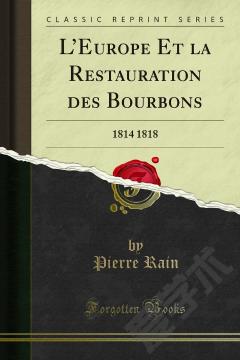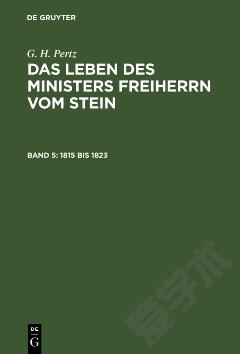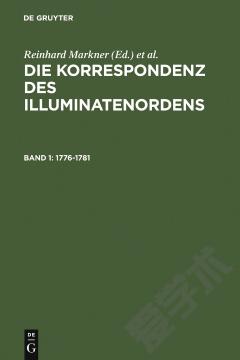Bourbon Peru 1750-1824
By considering Bourbon Peru in a chronological framework which begins at mid-century rather than 1700, this book focuses the reader's attention on the key issue of the relationship between colonial reform in the late eighteenth century and the creation of an independent Peruvian state in the 1820s. Fisher sets out some uncluttered responses to this question, emphasising continuities between the two forms of regime rather than change. The author's arguments are underpinned by a comprehensive review of the major elements of Peru's economic, social and political development for the half century from 1750. The study concludes with a detailed analysis of the independence period (1810-1824) which unlike many previous studies, provides a detailed interpretation of unrest in the highlands of royalist Peru, the dying days of the viceroyalty under Jose de la Serna (1821-1824) in Cusco, and the attempts to reach a negotiated settlement with the patriots under Jose de San Martin. Bourbon Peru is accessible, readable and well argued, and it will be essential reading for anyone with questions about the economy, government, social structure and political outlooks of Peru in the period prior to its independence.
{{comment.content}}








 京公网安备 11010802027623号
京公网安备 11010802027623号